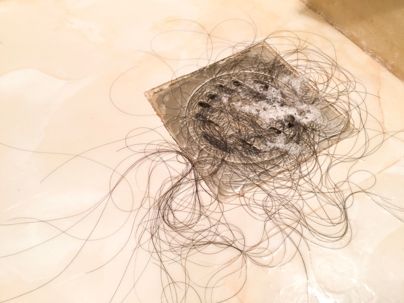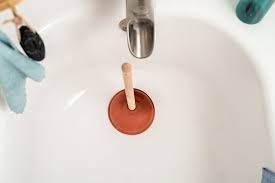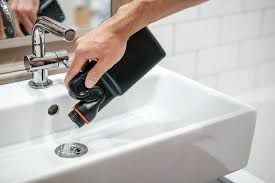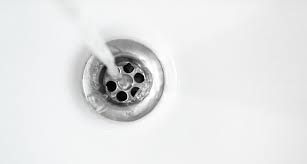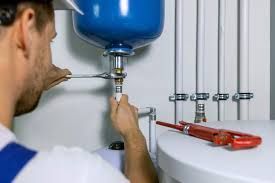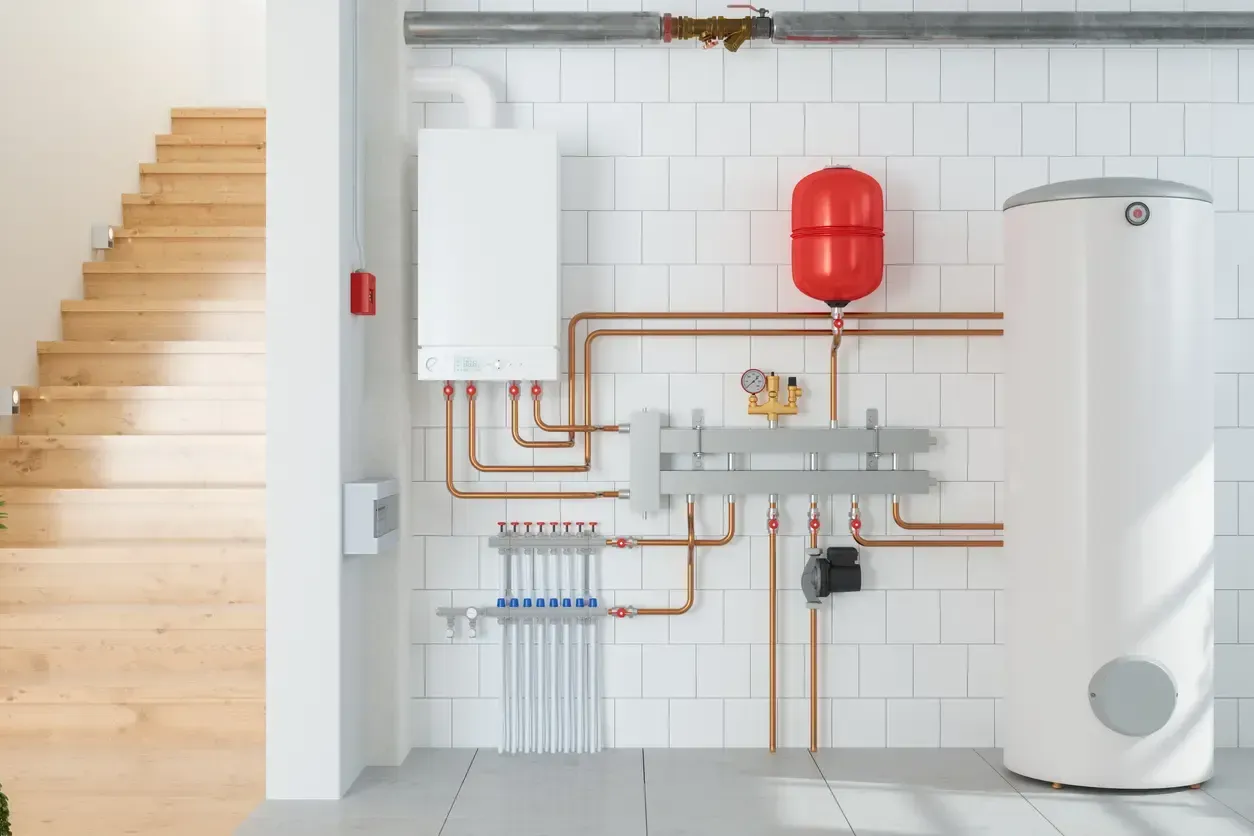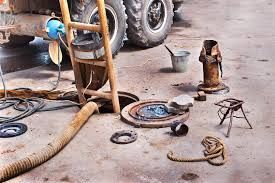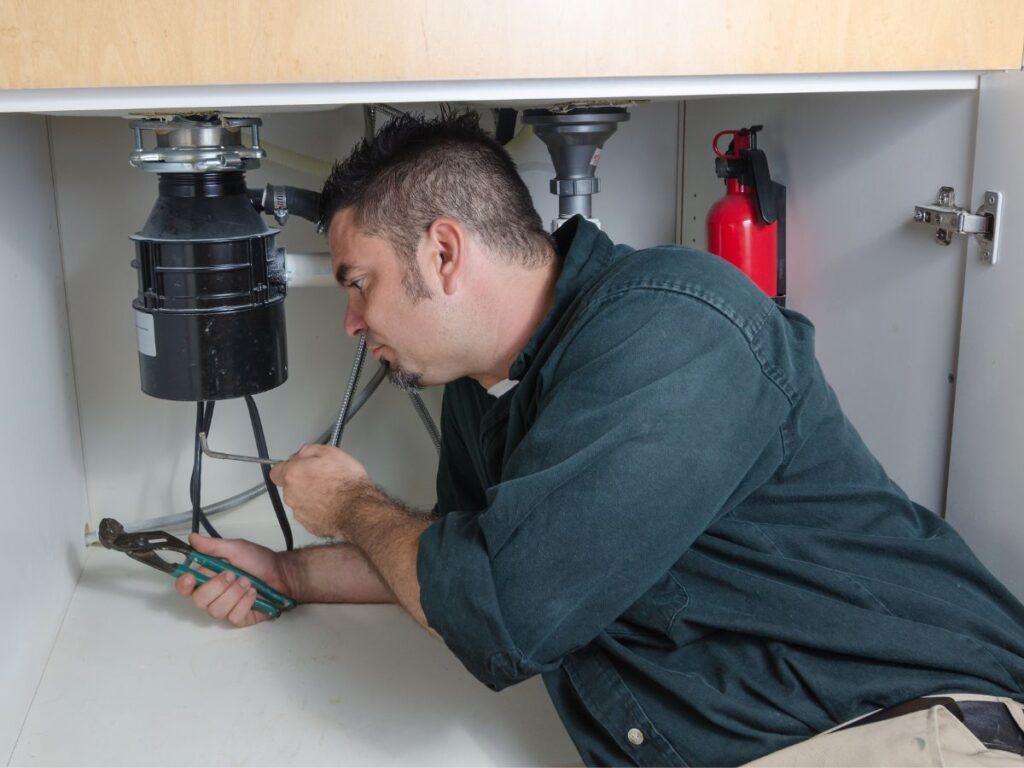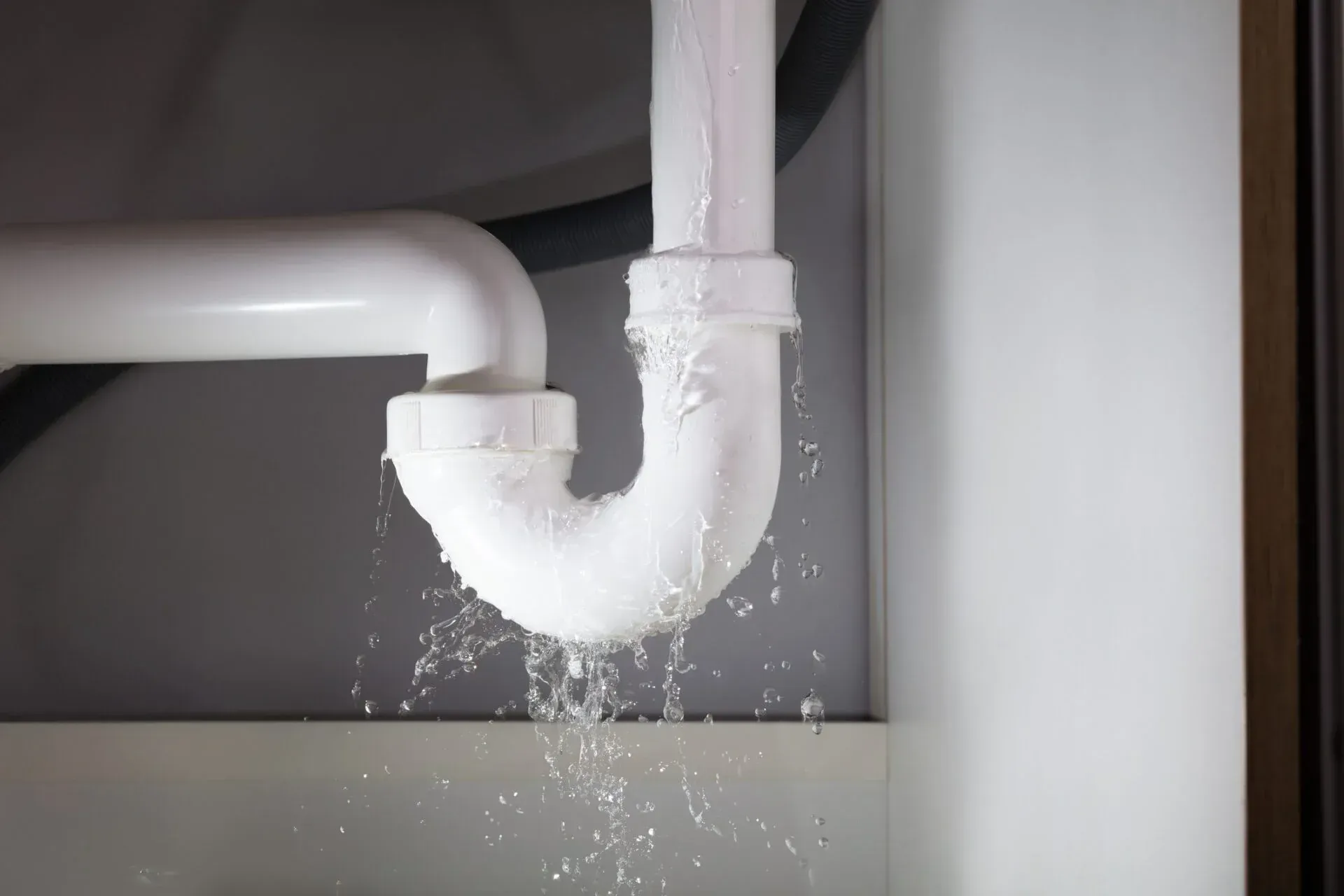Signs You Need Professional Drain Cleaning
Your home is a system of silent workers—electric wires, insulation, plumbing—all quietly doing their jobs in the background. And like any system, plumbing needs attention when it starts signaling distress. Often, we overlook early drain issues, brushing them off with store-bought cleaners or half-hearted plunges. But ignoring repeated signs can lead to bigger, messier, and far more expensive problems.
This guide walks you through the subtle and not-so-subtle signs that it’s time to call in a professional. We'll look at what causes the clogs, how to deal with them step-by-step, and what you can do to prevent drain disasters down the road. Because sometimes, a slow drain is more than just a slow drain—it’s your home warning you.
Benefits of Having an Expansion Tank Installed in Your Home
Recognizing the Signs: When a Drain Is Trying to Tell You Something
Water Drains Slowly Every Time
The most common sign—and often the easiest to ignore—is water taking too long to disappear. Whether it's a bathroom sink or your kitchen drain, sluggish movement signals a partial clog. Even if water does eventually drain, that delay means something is obstructing the flow. It could be hair, grease, soap scum, or even a nesting critter depending on the location. If this slow pace becomes your new normal, it’s time to call for a professional inspection.
Repeated Clogs in the Same Drain
Clogs that keep coming back despite your efforts to clear them are another red flag. A one-off blockage might be harmless, but if you're unclogging the same drain every week, there’s likely a deeper issue further in the pipe that only a professional-grade cleaning can resolve.
Gurgling Sounds After Flushing or Draining
Weird noises like bubbling, sucking, or gurgling often mean trapped air is fighting to escape due to a blockage. It may also point to poor ventilation in your plumbing system. Either way, it’s not something a plunger will fix.
Foul Odors You Can’t Eliminate
Drains should never smell like rotten eggs or sewage. If they do, there's likely organic matter—food, hair, grease—rotting in your pipes. In some cases, this can even be due to a broken sewer line, especially if the smell is strong and constant across multiple drains.
More Than One Slow Drain at a Time
This usually means the problem isn't isolated—it’s in the main sewer line. When the entire plumbing system is affected, it's a sign of serious buildup or even root intrusion, which requires urgent professional help.
What Causes Drains to Get This Bad?
Everyday Habits That Build Up Trouble
Most drain problems stem from what we unknowingly allow down the pipes. In the kitchen, it's often grease, oils, and food particles that harden and collect. In bathrooms, hair and soap residue are the main offenders. Over time, these materials build layer upon layer inside the pipe walls, narrowing the passage and reducing flow.
External Issues Beyond Your Control
Sometimes, the cause is outside the house entirely. Tree roots seeking moisture can break into underground pipes. Soil shifts or pipe corrosion can collapse sections of your sewer line. In older homes especially, outdated plumbing materials contribute to frequent backups and blockages.
What Temperature Should Your Water Heater Be Set At?
Step-by-Step: What to Do When You Suspect a Major Drain Issue
Step 1: Don’t Reach for Chemicals Right Away
Chemical drain cleaners might offer a temporary fix, but they can do more harm than good. They often corrode pipes over time and only punch a hole through the blockage instead of removing it entirely.
Step 2: Try a Natural Flush (Just Once)
A mix of hot water, vinegar, and baking soda can break up minor organic clogs. Let it sit for 15–30 minutes, then flush with hot water. If the problem persists, skip the DIY and move to step three.
Step 3: Observe Which Drains Are Affected
One drain slowing down could be a small issue. Multiple affected drains suggest a bigger, systemic problem. Noting this detail helps professionals quickly isolate the source of trouble.
Step 4: Call a Licensed Drain Professional
A plumber or drain specialist has tools like motorized augers, hydro-jetting equipment, and camera inspection systems to locate and eliminate clogs safely and thoroughly. If clogs are a recurring headache, professional cleaning clears not only the symptom but also the underlying causes.
Why DIY Isn’t Always Enough: Risks of Delaying Professional Help
Waiting too long to clean your drains professionally can lead to pipe bursts, water damage, or sewage backing up into your home. These aren't just gross—they're expensive. By the time water seeps into walls or foundations, the cost skyrockets beyond just plumbing. Health hazards also increase, especially from mold and bacteria growth in stagnant water.
Preventive Measures: Keeping Your Drains Healthy Long-Term
Regular maintenance is your best defense. That includes using drain strainers in sinks and showers, avoiding pouring grease or coffee grounds down the drain, and flushing your pipes monthly with hot water or an enzyme-based cleaner.
Scheduling a professional drain cleaning once a year, especially in older homes or busy households, can save you from unexpected emergencies. Think of it like a routine check-up for your plumbing—simple, preventive, and ultimately cost-saving.\
Challenges Homeowners Face in Drain Maintenance
Time, misinformation, and overconfidence are often the biggest obstacles. Many people believe that occasional clogs are “normal” or that store-bought solutions are enough. Others hesitate to call a plumber until the situation gets out of control. The reality is that professional help early on is far more affordable and effective than waiting for a major blockage or flood.
Conclusion: When in Doubt, Clear It Out
Your drains might not shout, but they do speak. Slowness, smells, sounds, and standing water are all messages urging you to act before the problem grows. Listening to these early signs and investing in professional drain cleaning isn’t just about fixing an inconvenience—it’s about protecting your home.
So the next time your drain acts up, don’t just treat the symptom. Take a closer look, ask the right questions, and when in doubt—call in the pros. Your future self will thank you for it.
